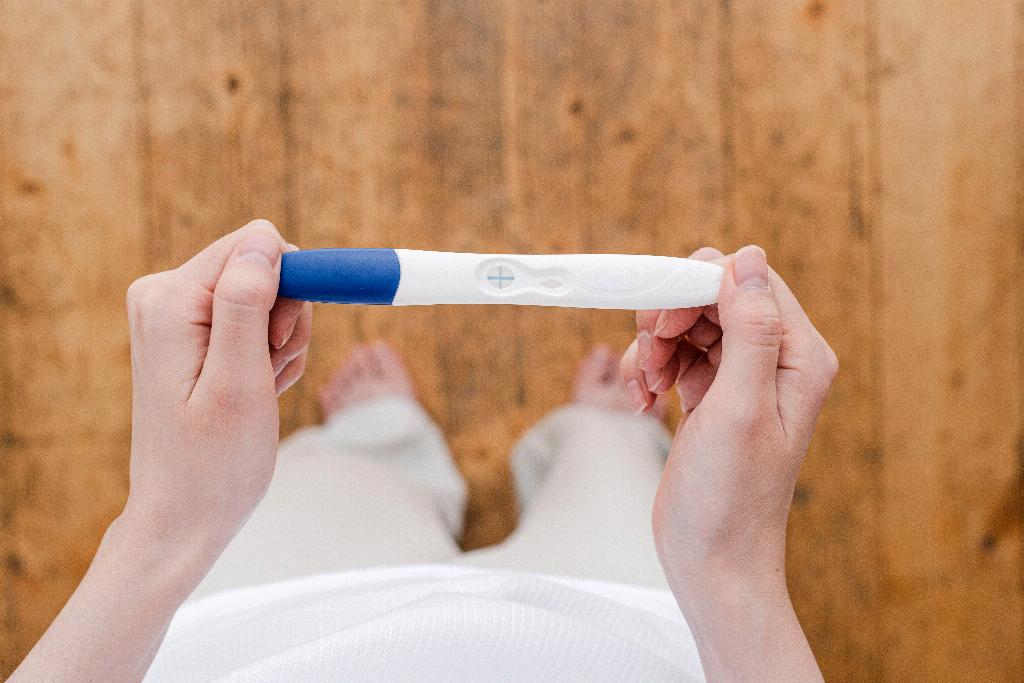Decidual casts, a phenomenon where the body expels the entire uterine lining in one piece, can be a confusing and concerning experience for those who encounter them. Many individuals often wonder whether this occurrence is linked to a miscarriage. To shed light on this topic, it’s crucial to delve into the intricacies of both decidual casts and miscarriages.
Decidual Casts Explained
A decidual cast is a rare event in which the endometrial lining of the uterus is shed intact in a single piece, resembling the shape of the uterus. This occurrence is often associated with conditions like ectopic pregnancies, molar pregnancies, or hormonal imbalances. Women who experience decidual casts may observe a pear or triangle-shaped mass being discharged during their menstrual cycle.
The Link Between Decidual Casts and Pregnancy Loss
While decidual casts are usually benign and may not indicate any serious health issues, they can sometimes be a sign of pregnancy complications. In some cases, the expulsion of a decidual cast might be a result of a miscarriage, particularly in the early stages of pregnancy. It’s crucial for individuals experiencing decidual casts to seek medical attention to rule out potential pregnancy concerns.
Miscarriages: Causes and Symptoms
A miscarriage, also known as pregnancy loss, is the spontaneous loss of a pregnancy before the 20th week. Miscarriages can occur due to a variety of reasons, including chromosomal abnormalities, hormonal imbalances, underlying medical conditions, or uterine abnormalities. Common symptoms of a miscarriage include vaginal bleeding, abdominal cramps, and the passing of tissue or clots.
Decidual Cast vs. Miscarriage: Understanding the Differences
While both decidual casts and miscarriages involve the expulsion of tissue from the uterus, there are key distinctions between the two phenomena. Decidual casts specifically refer to the shedding of the uterine lining in one piece, whereas a miscarriage involves the loss of a pregnancy. It’s essential to differentiate between the two to determine the appropriate course of action and medical intervention.
Seeking Medical Attention
If you experience a decidual cast or suspect that you may be having a miscarriage, it’s imperative to consult a healthcare provider promptly. Medical professionals can conduct tests, such as ultrasounds and blood work, to assess your reproductive health and provide necessary guidance and support during this challenging time.
Emotional Impact and Support
Coping with the potential loss of a pregnancy, whether due to a miscarriage or other related concerns, can be emotionally taxing. It is essential to prioritize self-care and seek support from loved ones or counseling services to navigate the range of emotions that may arise during this period. Remember that you are not alone, and there are resources available to assist you through this journey.
Preventive Measures and Care
While some causes of miscarriage may be beyond your control, adopting healthy lifestyle habits, attending prenatal appointments, and following your healthcare provider’s recommendations can help reduce the risk of pregnancy complications. By prioritizing your physical and emotional well-being, you can enhance your overall reproductive health and potentially minimize the chances of experiencing pregnancy loss.
Conclusion
In conclusion, decidual casts can sometimes be associated with miscarriages, highlighting the importance of understanding the nuances of these reproductive events. By staying informed, seeking medical guidance promptly, and prioritizing self-care and support, individuals can navigate the complexities of pregnancy loss with resilience and compassion.

